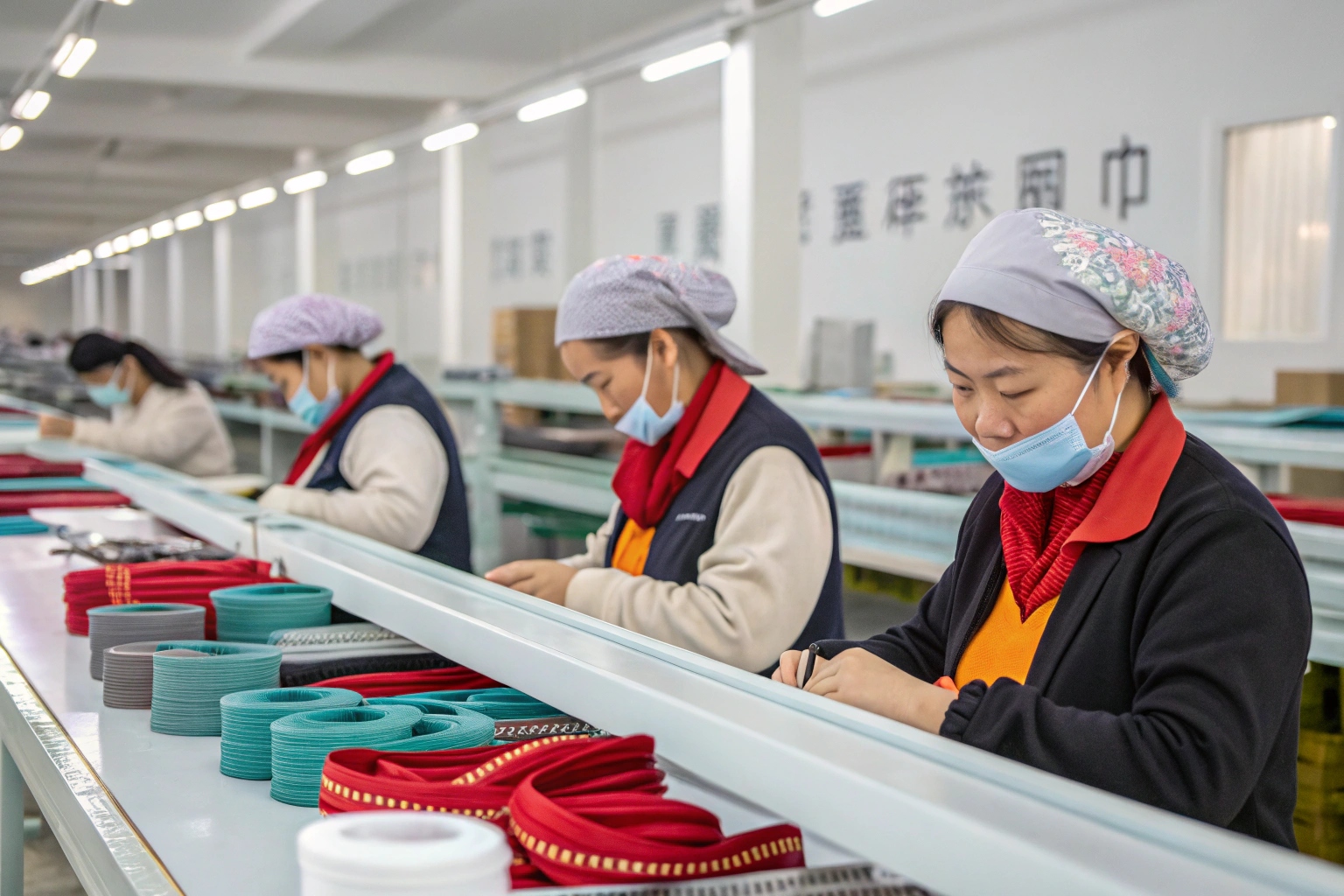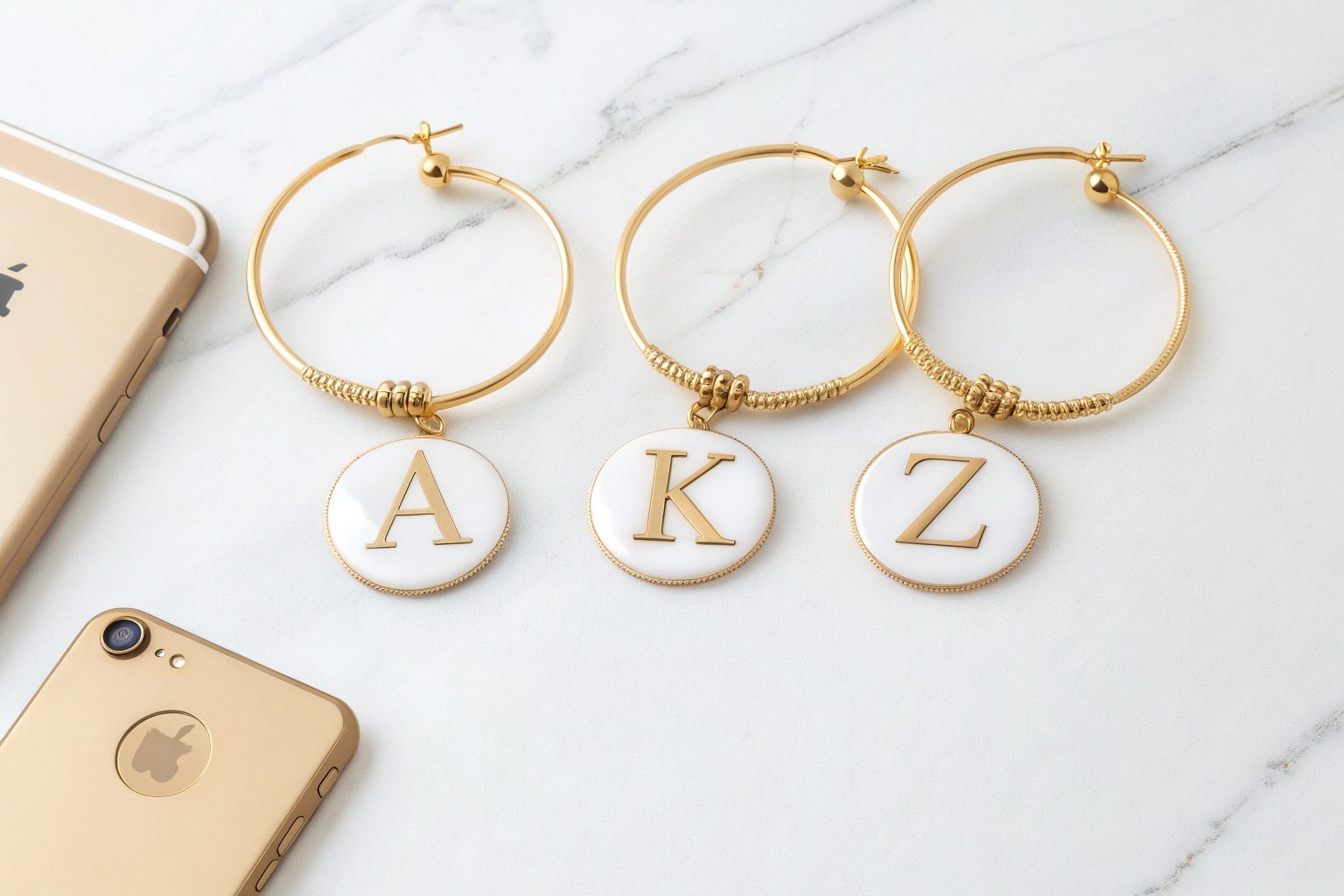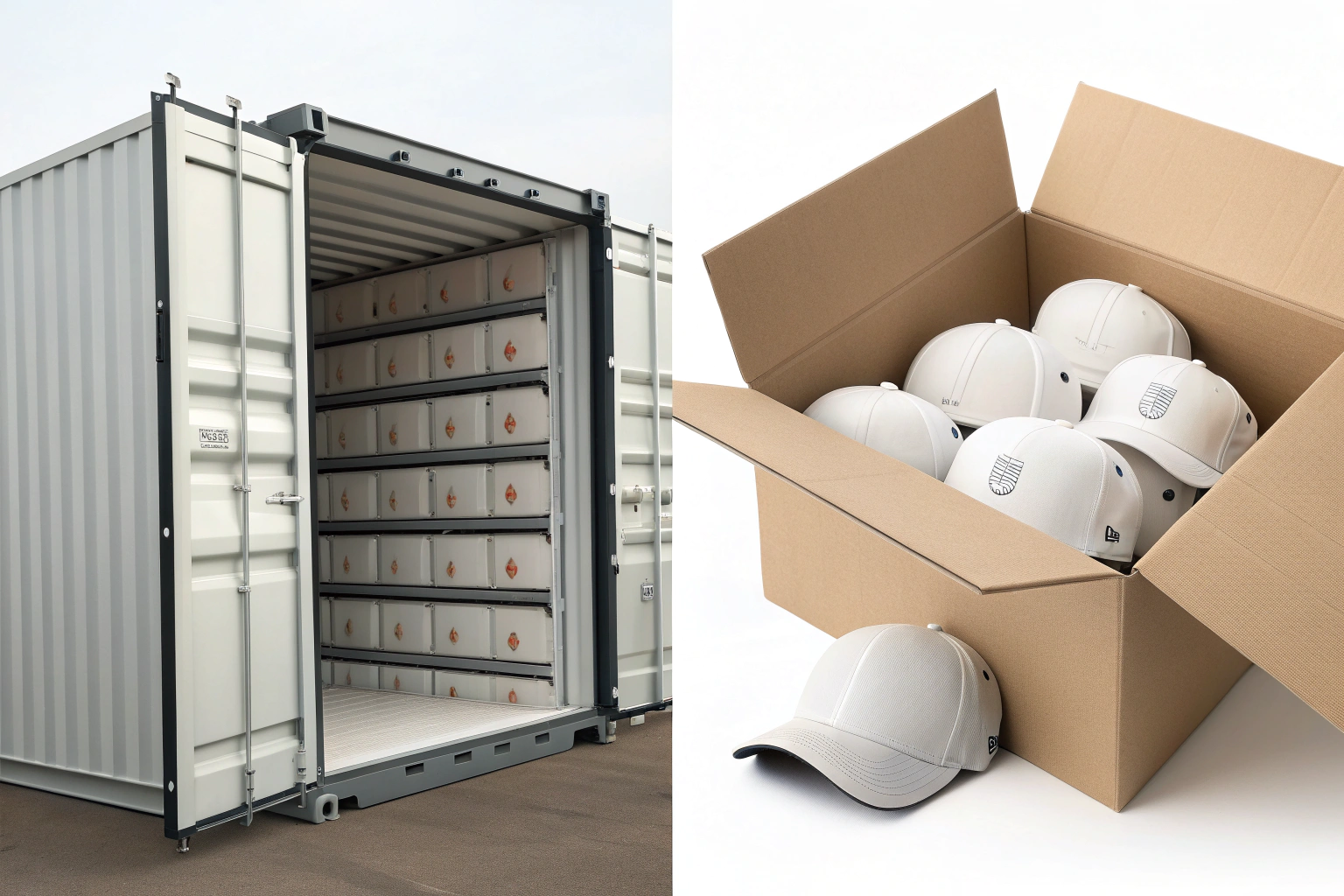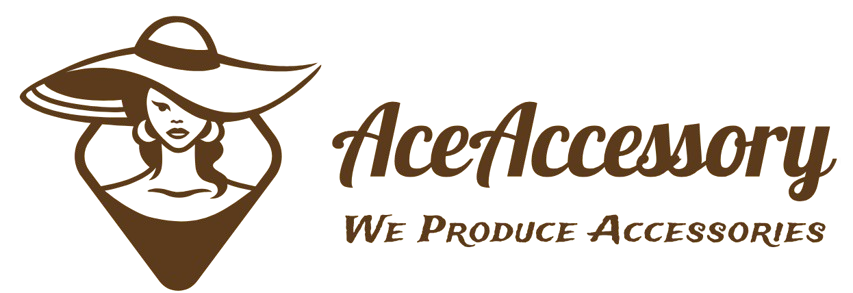Importing fashion accessories into the U.S. is never a one-size-fits-all game—especially when it comes to taxes. Many importers, especially first-timers or even experienced buyers trying new states, struggle with understanding the layered structure of taxes, including customs duty, sales tax, and state-specific surcharges. When tax rates vary from California to Texas to New York, the margin impact is real.
To handle import taxes effectively for accessories in different U.S. states, you must understand federal customs duties, state-level sales taxes, resale exemptions, and work with experienced freight partners who understand destination tax nuances.
For many years, I’ve worked closely with U.S. importers of accessories like hairbands, belts, and umbrellas. Based on their feedback and repeat patterns, I’ve learned the differences in how states apply taxes to landed goods can significantly change pricing strategies. So let’s break this topic down and help you ship smarter into every U.S. region.
What Is the Difference Between Customs Duties and State Sales Tax?
Tax confusion starts at the border. Federal customs duties are just the beginning—each state then adds its own layer.
Customs duties are federal taxes assessed when goods arrive, while state sales taxes apply when the product is sold or transferred within that state. These are separate processes but often conflated.
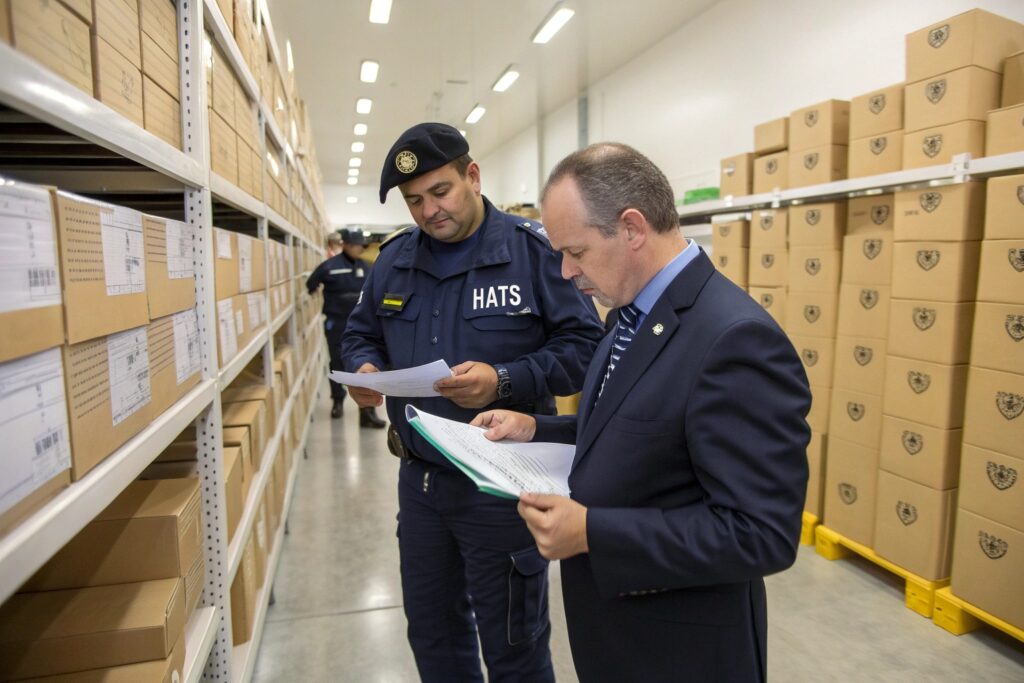
Why Are Customs Duties Uniform Across the U.S.?
All imported goods, including accessories, must clear through U.S. Customs and Border Protection (CBP). The tariff you pay depends on the Harmonized Tariff Schedule code assigned to the item, not the destination state. For instance, a woven fabric belt (HTS 6217.10.10) has a duty rate different from a plastic hair clip (HTS 9615.11.40). This rate applies nationwide.
That said, working with a freight forwarder who understands tariff engineering can help lower overall import taxes by using the correct codes or country-of-origin rules. But no matter what, customs duties are paid before the goods enter the country, and every importer must account for them.
How Does State Sales Tax Come Into Play?
Once your accessories land and are stored or sold in the U.S., the state gets involved. California, for example, applies sales tax even to wholesale accessory shipments if the reseller isn’t registered properly. Other states like Oregon have no sales tax at all. You must know your tax nexus—where your business has a physical or economic presence—to understand when you're required to collect and remit sales tax.
Using platforms like TaxJar or Avalara can automate sales tax calculations and remittance across multiple states.
How Do Resale Certificates Affect State Taxes?
Sales tax can be legally avoided if your U.S. customer provides the right documentation.
Resale certificates exempt U.S. buyers from paying sales tax on goods they intend to resell. This is crucial for wholesalers and retail chains buying in bulk from overseas.
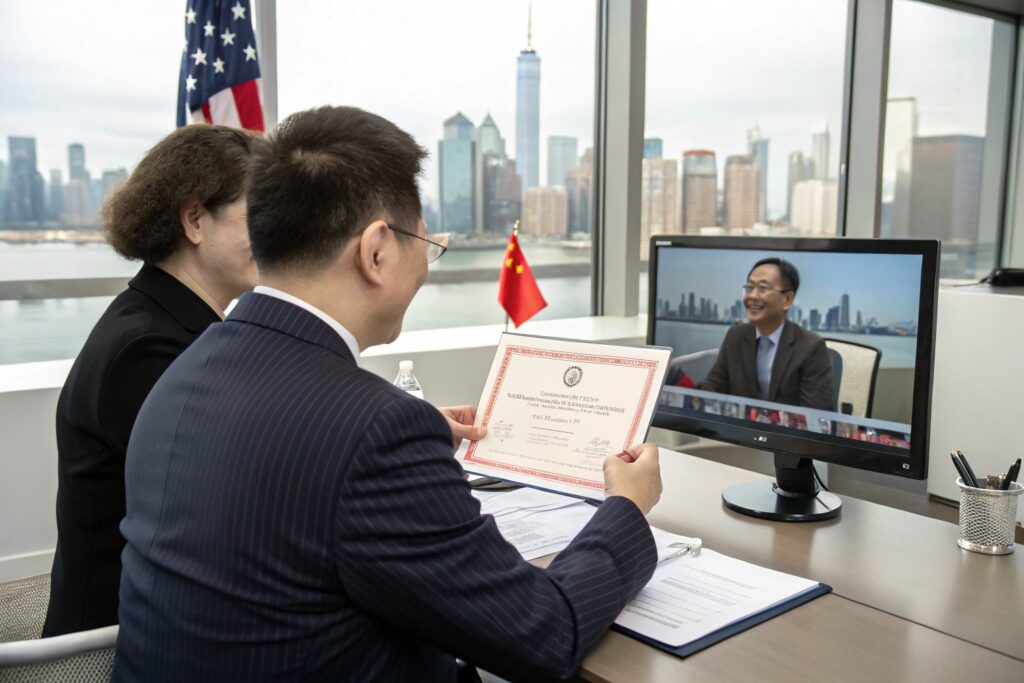
When Are Resale Certificates Applicable?
A resale certificate allows the buyer to purchase goods tax-free from the seller because they intend to resell them. But each state has its own format. In California, for instance, it must include a seller's permit number and a description of the goods. If your buyer is in Texas, they’ll need the Texas Sales and Use Tax Resale Certificate instead.
If you're exporting directly to a fulfillment center like Amazon FBA in a tax-collecting state, make sure your client has a valid certificate on file. Otherwise, they may be charged sales tax unnecessarily—hurting competitiveness.
Can I Accept One Certificate for All States?
Unfortunately, no. There is no universal resale certificate. Some states accept multistate forms through the Multistate Tax Commission, but many don’t. As a Chinese exporter, I always recommend confirming resale status with each buyer. And for U.S. buyers, storing your certificates securely and ensuring they stay updated is crucial for avoiding tax audits.
What Are the States with the Highest Tax Risks?
Not all U.S. states play equally when it comes to taxing imported goods.
California, New York, and Florida are known for stricter enforcement and complex tax structures, often requiring out-of-state importers to register and collect tax based on economic nexus.
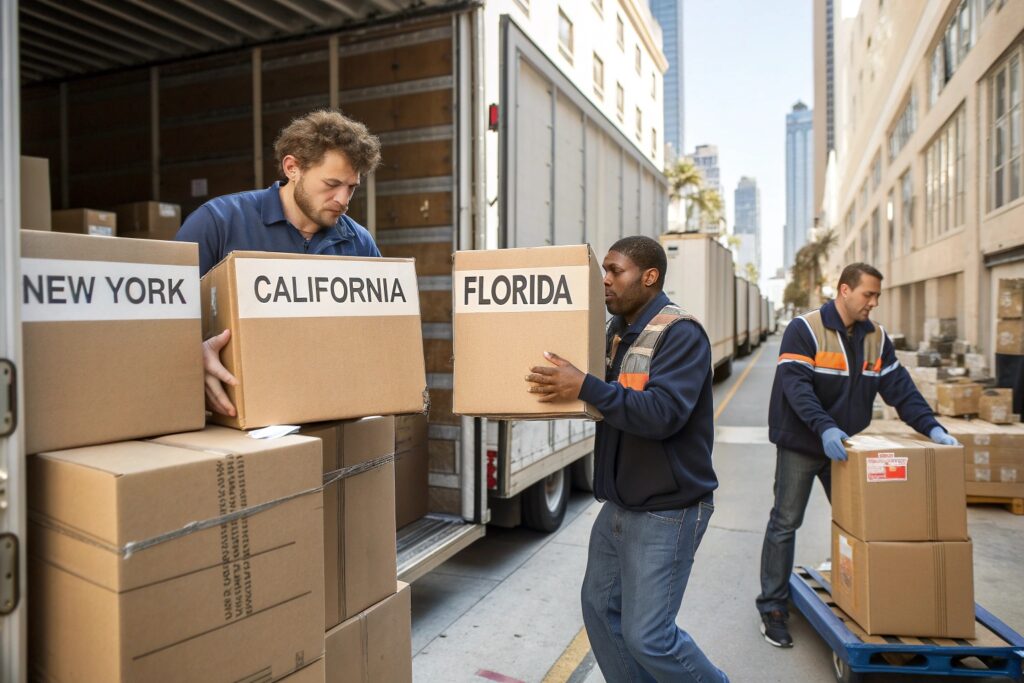
Why Is California Especially Challenging?
California considers your company to have a tax nexus even if you're just shipping to their fulfillment center, not owning property there. This means once your sales cross the $500,000 threshold in a calendar year, you're expected to register, collect, and remit sales tax.
If you're importing hair accessories into a third-party logistics warehouse in LA or the Bay Area, prepare for audits and complex compliance paperwork unless your buyer has all certificates and tax permits in place. The California Department of Tax and Fee Administration provides detailed guidelines.
Which States Are More Tax-Friendly?
Oregon, Delaware, New Hampshire, and Montana do not have state sales tax at all. If your U.S. buyer is based in one of these regions, it simplifies compliance. However, note that even in tax-free states, customs entry forms and federal duties still apply.
How Can Freight Forwarders and Brokers Help with Taxes?
You don’t have to navigate this alone. Many businesses rely on tax-savvy logistics partners.
Freight forwarders and customs brokers can help classify goods correctly, file required forms, and advise on state tax liabilities to minimize cost and delay.
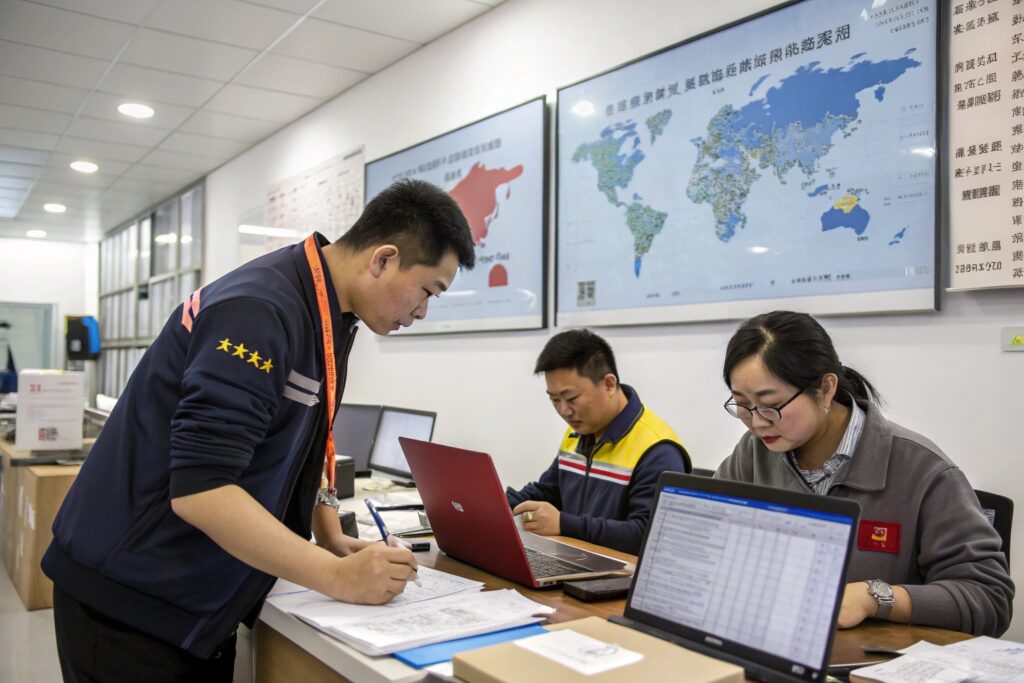
What Do Customs Brokers Do for Tax Handling?
A licensed customs broker ensures your accessories are assigned the correct HTS codes and are properly documented for entry summary (CBP Form 7501). Misclassification can lead to higher duties or even seizure. They also advise on duty drawback or tariff exclusions when applicable—like for some Section 301 China tariffs.
In our case at AceAccessory, we work only with brokers who specialize in fashion goods. They help us pre-classify products like scarves and hats before shipment, allowing the buyer to estimate tax costs upfront.
Should I Use a Forwarder with U.S. Tax Experience?
Absolutely. Forwarders that understand U.S. multi-state tax law can streamline the whole process. They help with bonded warehousing, DDP shipping to avoid surprise costs, and even provide on-demand invoicing for tax records. Many U.S. buyers we work with say our fast documentation handling has saved them thousands in compliance errors.
Conclusion
Handling import taxes for accessories across U.S. states is about more than just paying customs duties—it involves navigating a multi-layered system of state rules, resale exemptions, and tax nexus laws. From choosing the right HTS code to verifying buyer resale certificates, every step impacts your final cost. For buyers and sellers alike, working with seasoned freight partners and keeping up-to-date with tax laws ensures you don’t lose money or time. If you're importing fashion accessories from China, understanding these tax differences by state gives you a competitive edge in pricing, planning, and profitability.

